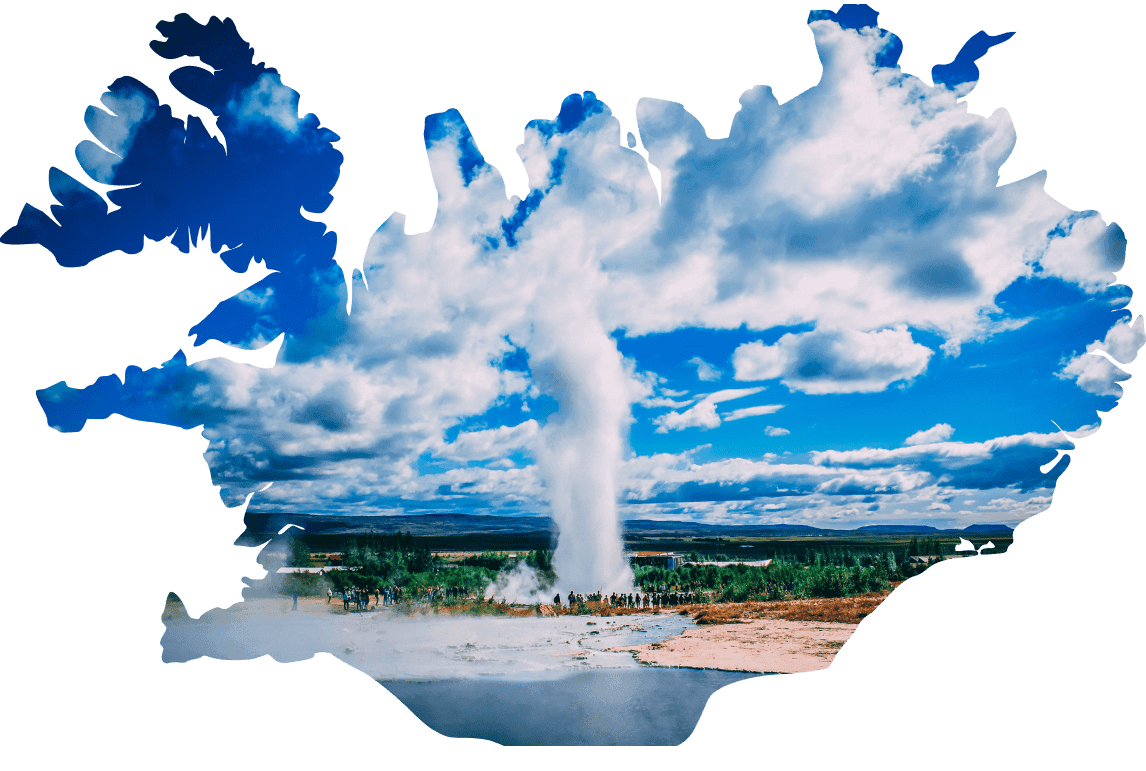Wellness Types
Mental Wellness
Physical Wellness
Spiritual Wellness
Social Wellness
Environmental Wellness

Mental & Emotional Wellness
Engaging the world through learning, problem-solving, creativity, etc. Traveling can be a great way to enhance mental wellness.According to a study published in the Journal of Travel Research, travel can have a positive impact on mental health by reducing stress and anxiety, and alleviating symptoms of depression. Traveling can also improve brain function and boost mental health by providing new experiences and exposure to different cultures.Mental health and tourism are closely related. The COVID-19 pandemic has highlighted the importance of proactively addressing mental health and well-being, individually and collectively. Having new experiences is beneficial for improving brain function and boosting mental health. However, travel-related stress can also spark mood changes, depression, and anxiety, and worsen symptoms in people with existing mental illness. Therefore, it is important to take care of one`s mental health while traveling.What Is Wellness
Wellness is defined as a state of complete physical, mental, and social well-being, and not merely the absence of disease or infirmity. Wellness is also seen as the active pursuit of activities, choices and lifestyles that lead to a state of holistic health.Wellness tourism is a type of travel that focuses on maintaining or enhancing one`s personal well-being. It is a rapidly growing industry that combines the two large and growing industries of tourism and wellness.Wellness tourism can include a wide range of activities, such as visiting spas, practicing yoga, meditation, and mindfulness, and engaging in outdoor activities such as hiking and cycling. The goal of wellness tourism is to promote holistic health and prevention, and to continue healthy lifestyles and wellness routines while away from home.Why Iceland?
Wellness Tourism in Iceland

Iceland is one of the most sought after destinations for wellness tourism as the industry has grown rapidly in the past few years. Now with the post-pandemic resurgence of tourism activities, the wellness industry in Iceland is booming, with an impressive range of holistic activities and experiences that promote health and overall well-being. Iceland`s incredible natural beauty and wast geothermal resources provide a unique setting for your wellness get-away.Other note worthy wellness activities that are commonly practiced in Iceland include yoga, meditation, and mindfulness.
Our Unique Island

Iceland is one of a kind when it comes to combining nature with wellness. With over 100 geothermal hot springs and spas to bathe and nurture in and a breathtaking landscape of volcanoes, glaciers, northern lights and waterfalls for breathtaking hikes. It really makes for the perfect destination to reconnect with nature and increase ones well-being.
